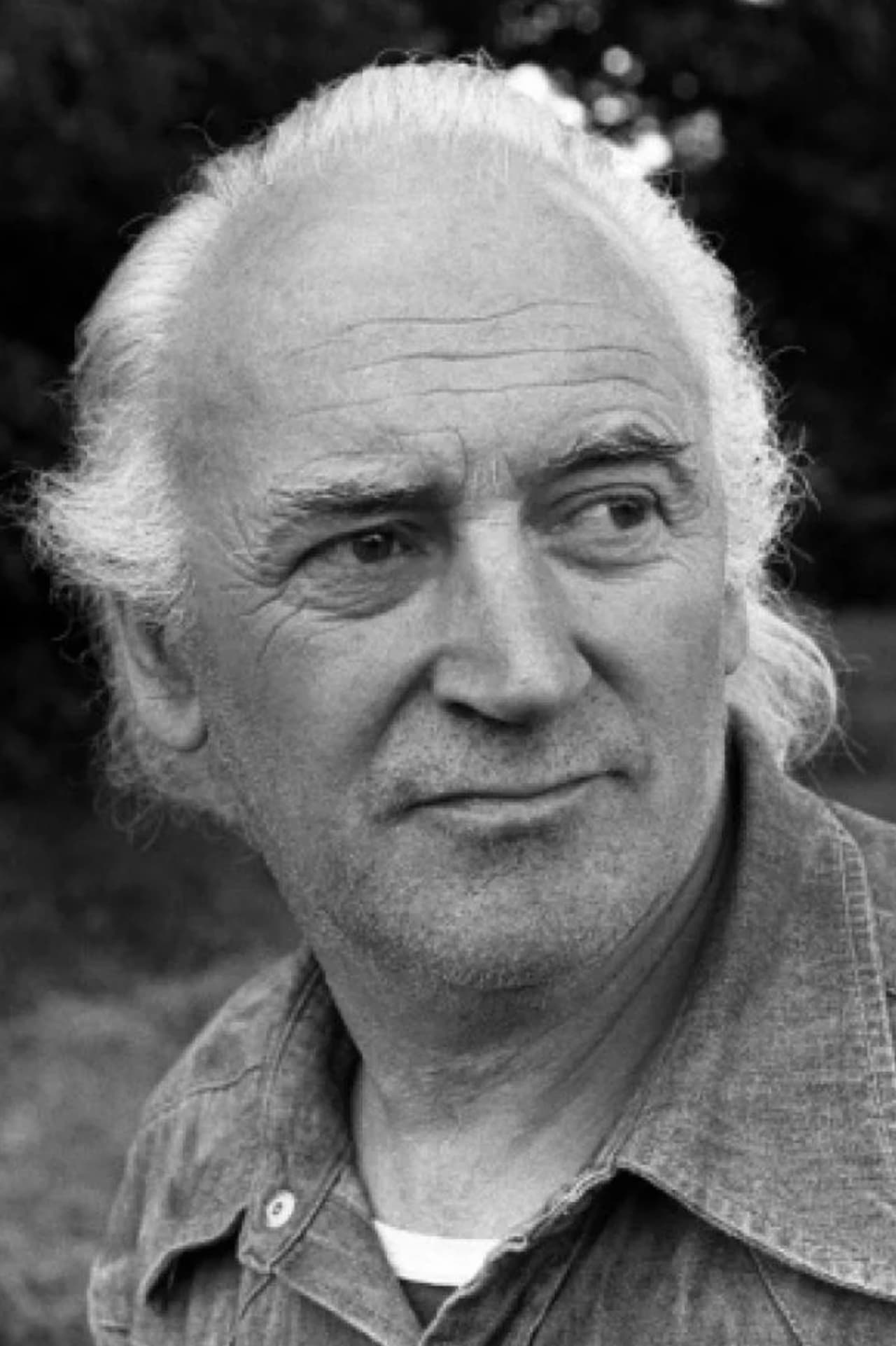
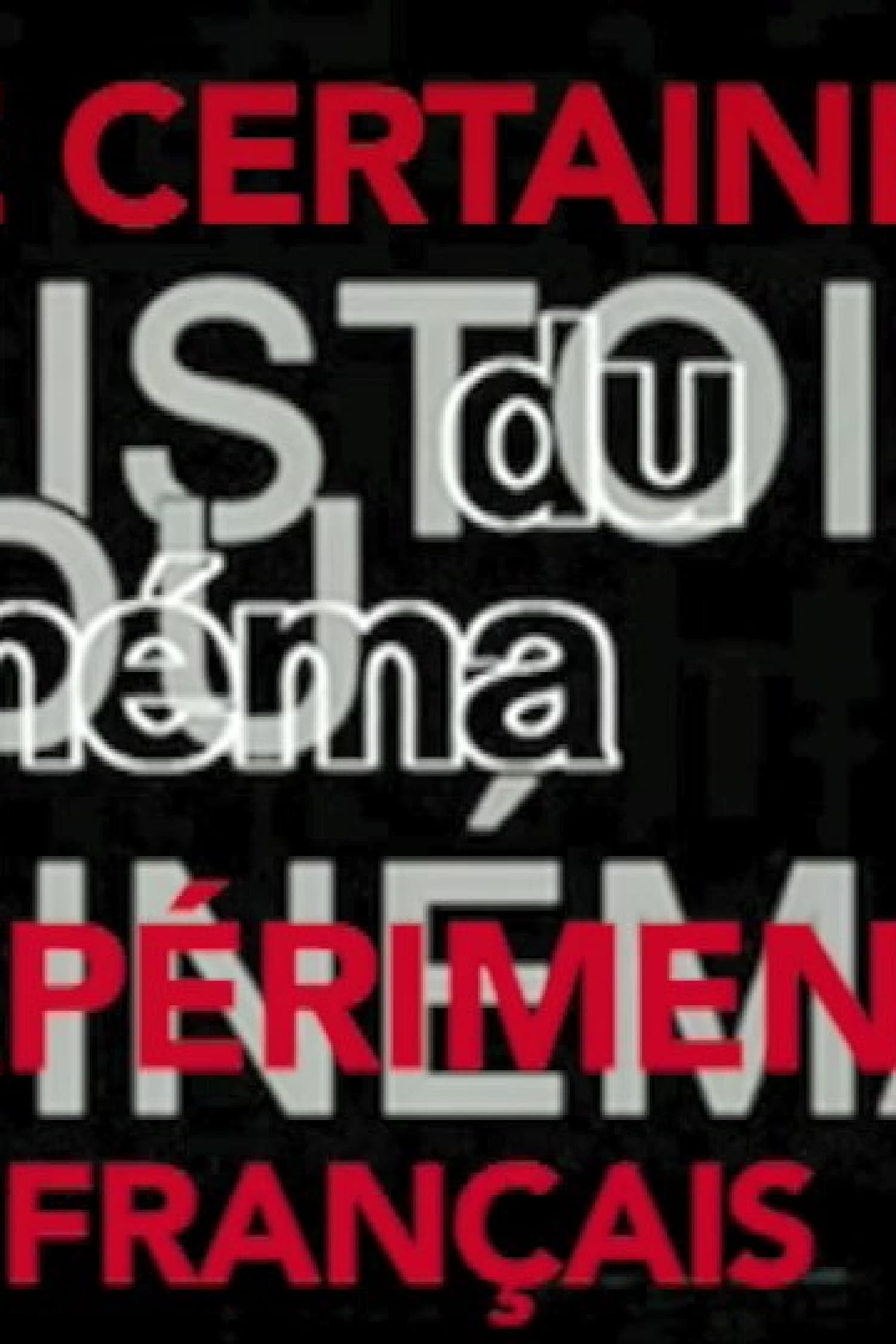
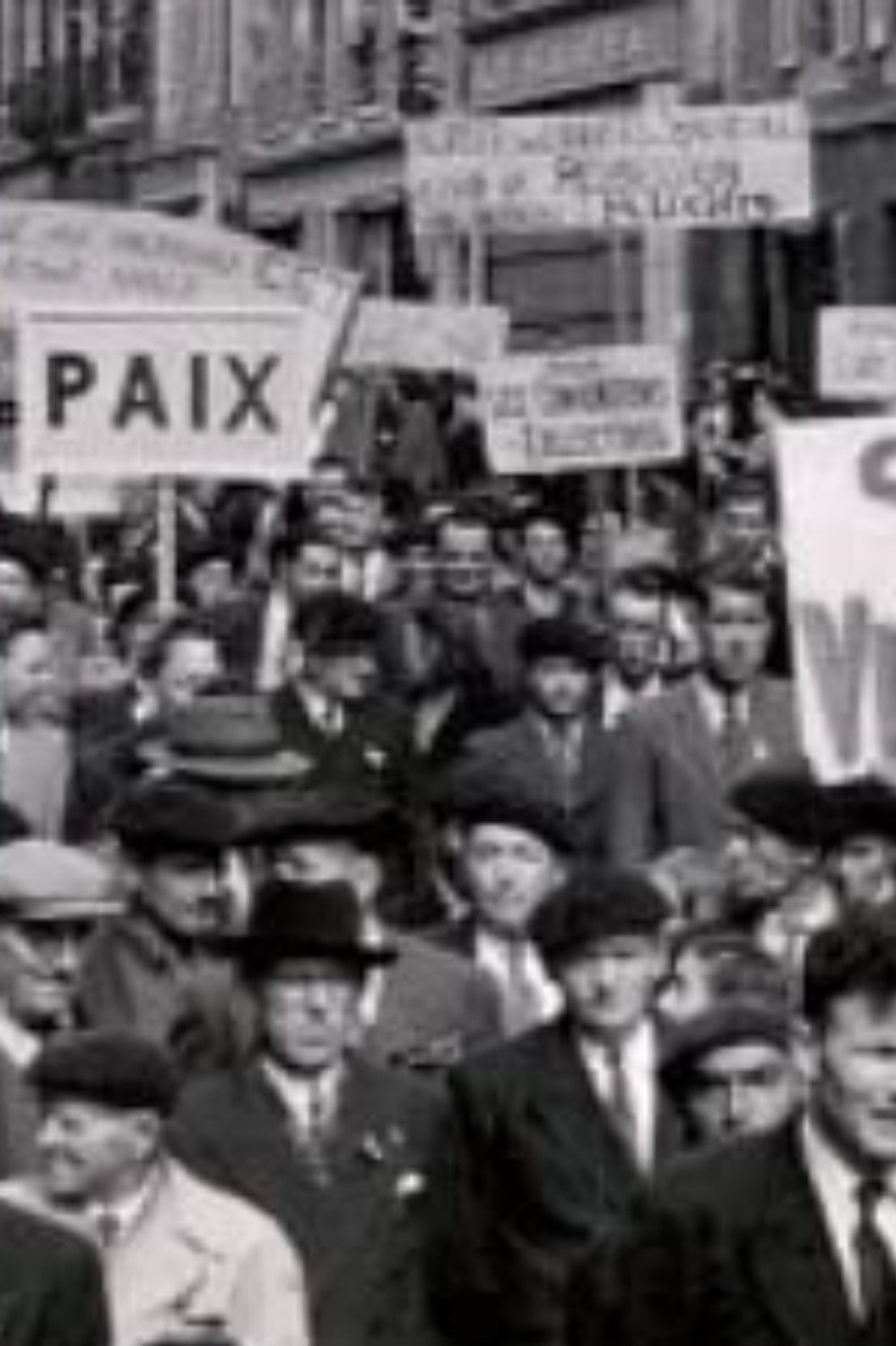
In 1950, in full reconstruction, the workers of Brest went on strike. It will last more than a month and will be bloody. Edouard Mazé, a 26-year-old worker from Brest, will die during the demonstration on April 17, dozens of his comrades will be injured and one of them, Pierre Cauzien, will be amputated five days later. The city is under siege. René Vautier, a 20-year-old filmmaker, goes clandestinely to Brest, at the call of the CGT, to shoot a film on the reasons for anger. The trace of these events is now tenuous and carried by witnesses whose words are gradually dying out. This film proposes to find the traces of these events, to collect the words of the witnesses, to search their personal archives, to exhume the forgotten photograms, to open the official files hitherto protected, to delve into the depths of individual memories to understand. In 1950, a man died... But who still remembers?
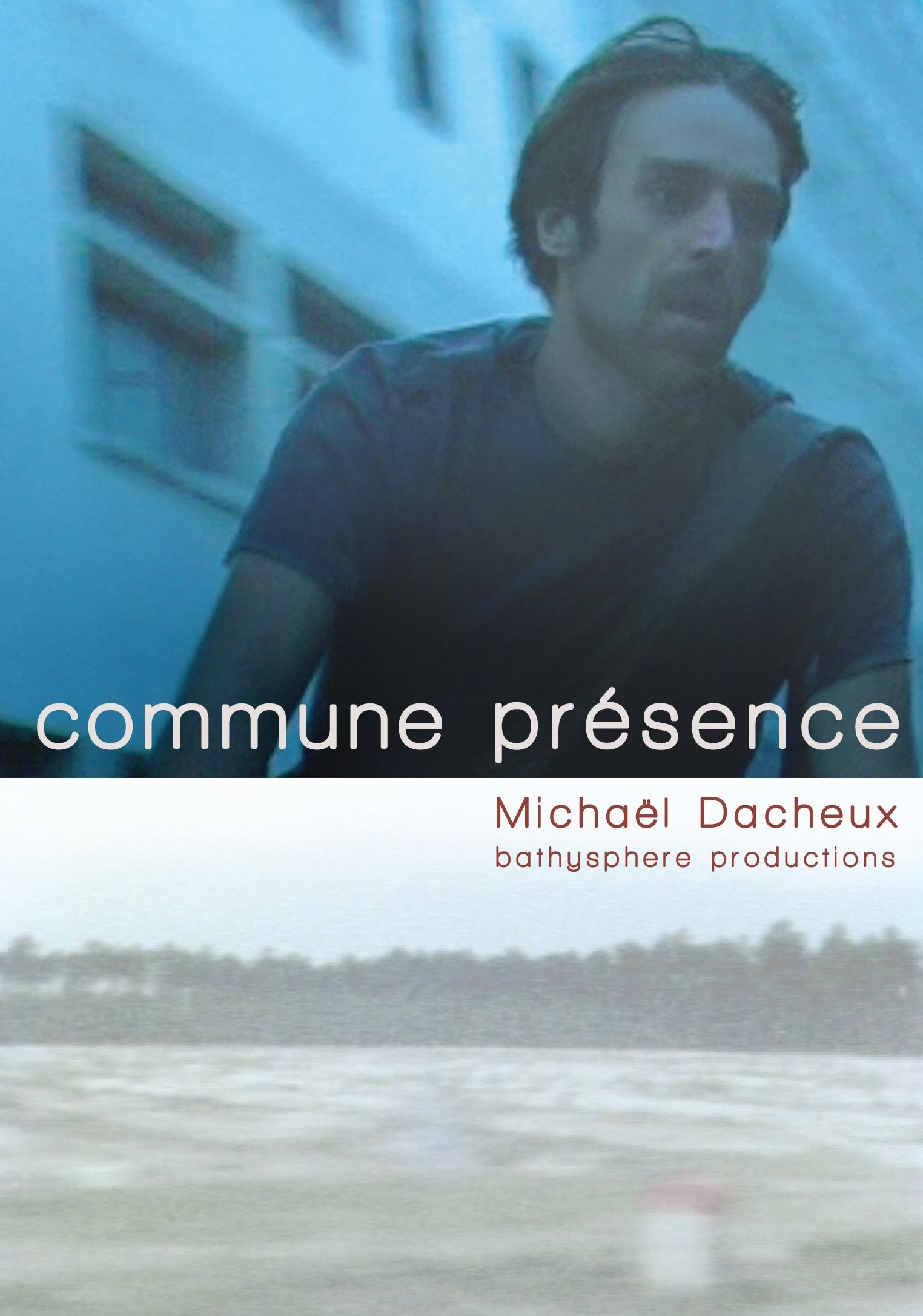
Guided by a letter from an childhood friend, a young man visits places and people from the past marked by history and commitment. He then meets other people throughout the night, looking for ways to act and imagine collectively.

A documentary road movie with René Vautier In the aftermath of Algeria's independence, René Vautier, a militant filmmaker, considered "the dad" of Algerian cinema, set up the cine-pops. We recreate with him the device of itinerant projections and we travel the country in ciné-bus (Algiers, Béjaïa, Tizi Ouzou, Tébessa) to hear the voices of the spectators on the political situation, youth and living conditions of men and Of women today.
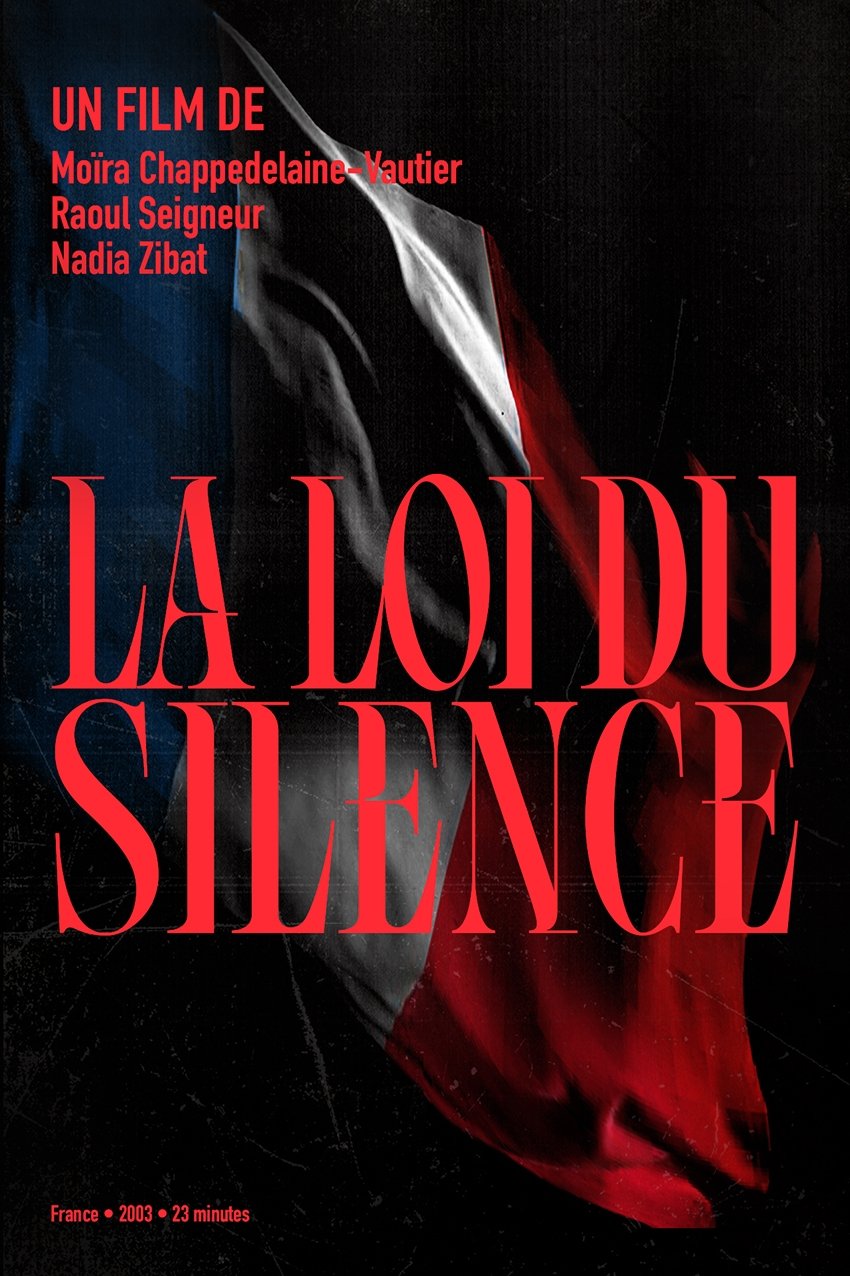
The Law of Silence, a final-year documentary by Moïra Chappedelaine-Vautier at Femis, examines the 1963 Amnesty Law and the consequences it had on studies of the Algerian War. It brings together interviews conducted in 2002 with Henri Alleg, editor of the daily newspaper Alger Républicain from 1951 to 1955, and Pierre Vidal-Naquet, historian and essayist. It also features incredible statements from General Massu and lawyers unraveling the various legal defenses of people like Jean-Marie Le Pen. Not only does Moïra have her father, René Vautier, speak, but she also includes footage he himself filmed forty years earlier. A very interesting report, which notably reminds us that the Amnesty is not a pardon but the erasure of the sentence and also of the crime itself.
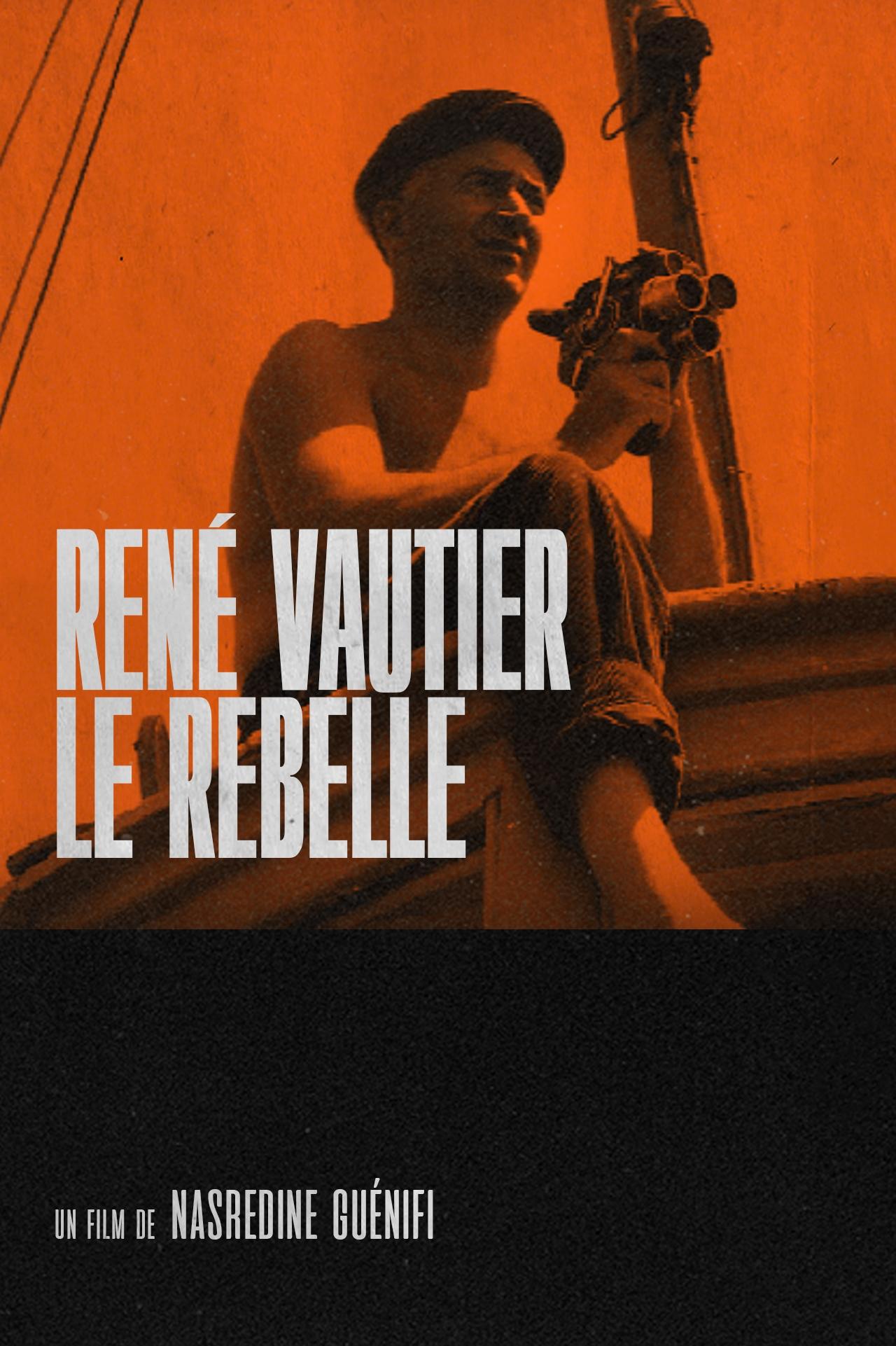
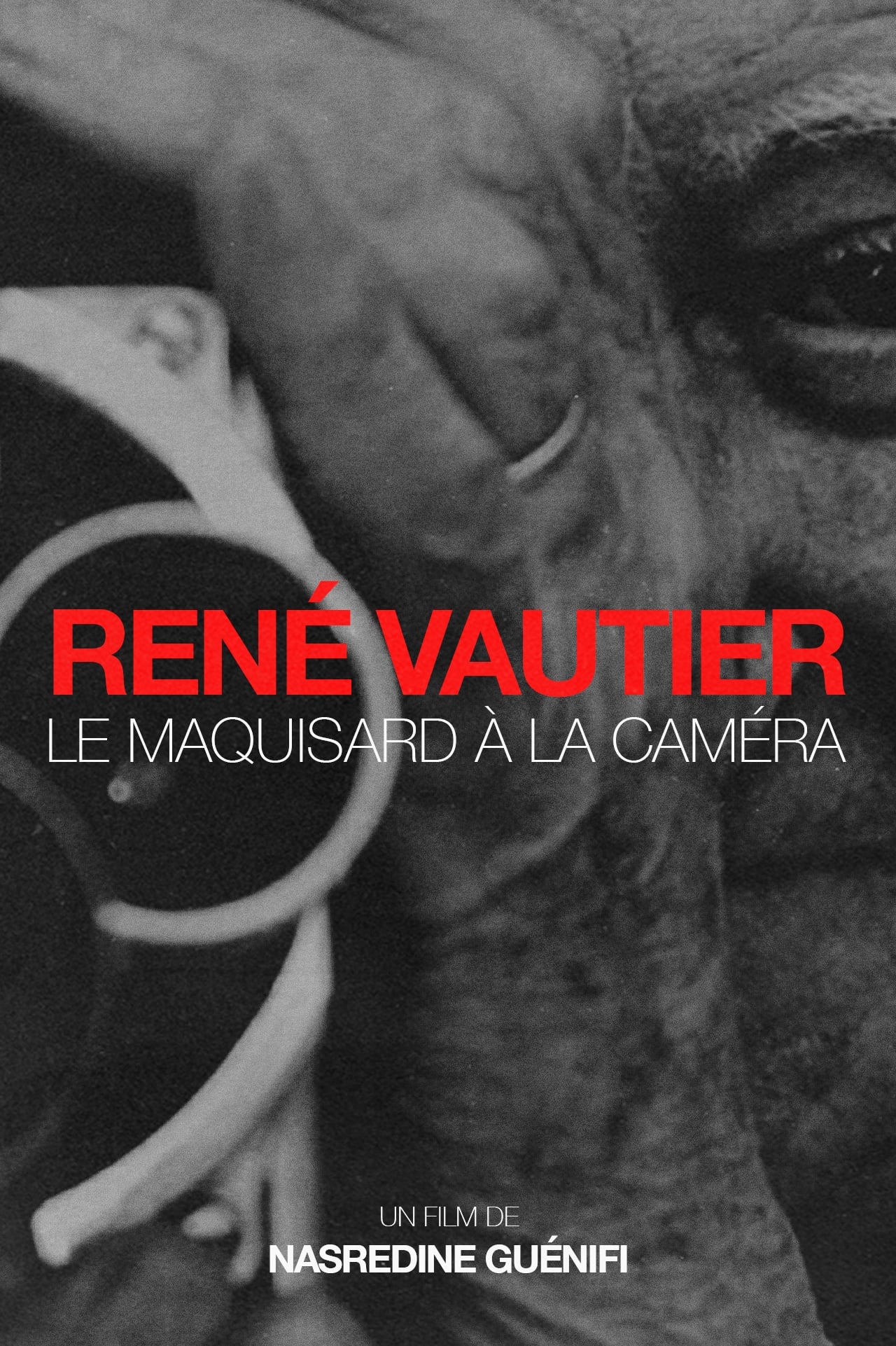
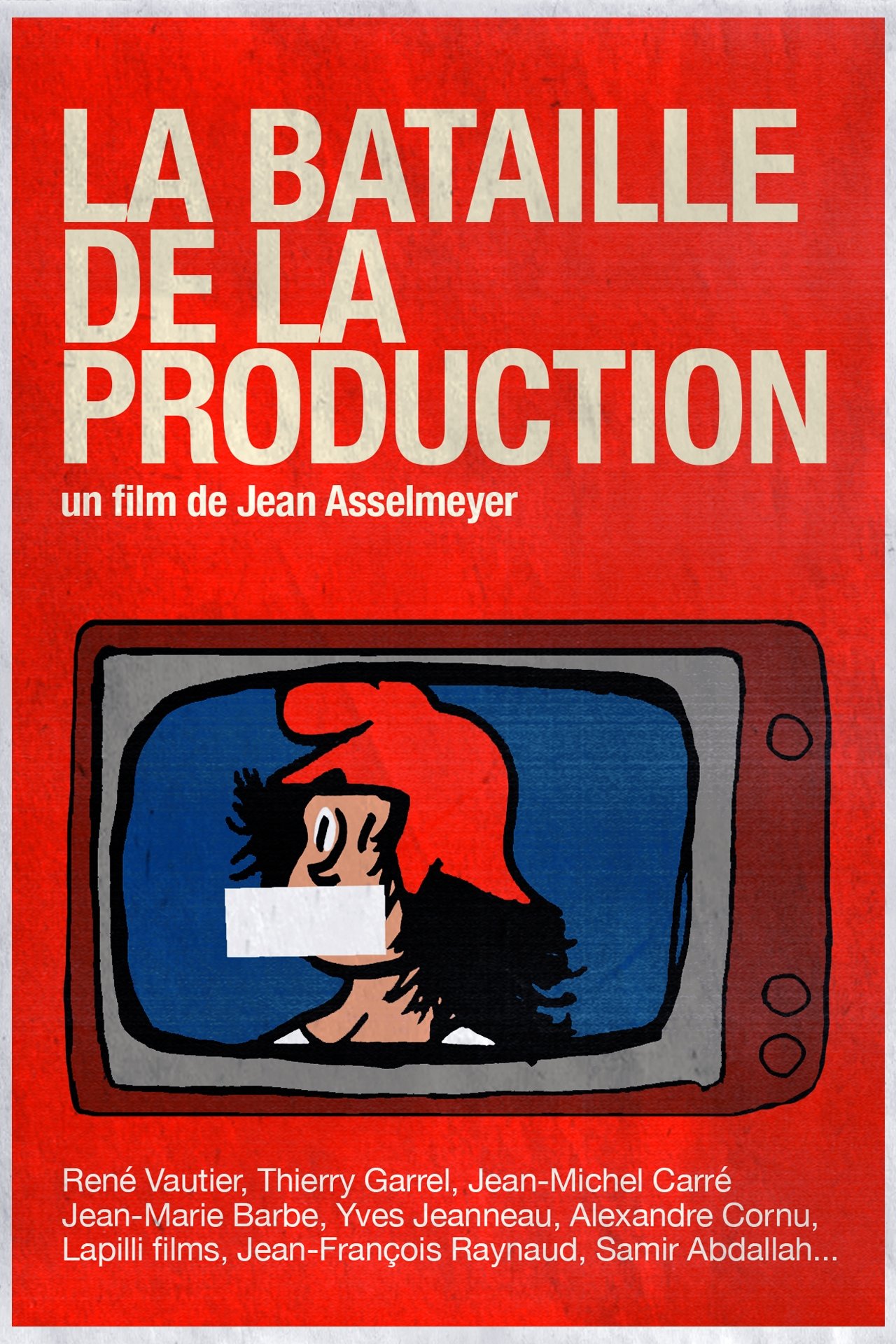
In 1997, the committed filmmaker Jean Asselmeyer, armed with his camera, posed the following question at the General Assembly of Documentary Film in Lussas and in Paris: Is it possible today to make a committed creative documentary?, to René Vautier, Thierry Garrel, Jean-Michel Carré, Jean-Marie Barbe, Yves Jeanneau, Alexandre Cornu, Lapilli films, Jean-François Raynaud, Samir Abdallah and many others, not the least of whom.
René Vautier, born January 15, 1928 in Camaret-sur-Mer (Finistère) and died January 4, 2015 in Cancale (Ille-et-Vilaine), is a French director and screenwriter, communist and anticolonialist, particularly known for his film Have twenty years in the Aurès. Born to a factory worker father and a teacher mother, René Vautier carried out his first militant activity within the Resistance in Brittany in 1943, when he was fifteen years old, which earned him several decorations. He was decorated with the Croix de Guerre at the age of sixteen, responsible for the “youth” group of the René Madec clan, cited in the Order of the Nation by General Charles de Gaulle for acts of Resistance (1944). René Vautier joins the maquis in France then takes the IDHEC competition under the leadership of his comrades in combat. From then on, this fierce supporter of the Communist Party will never stop, camera in hand, campaigning in Algeria, Africa or Brittany in order to denounce the contradictions of the systems in place. If he spoke about social struggles in France (Quand tu dit Valery), the condition of women (Quand les Femmes ont la anger) or Africa (Afrique 50), René Vautier is best known for his commitment against the abuses of the French army during the Algerian War. Thus, Being 20 years old in the Aurès represents one of his major works. His work, specifies the Arab HUFFINGTON POST, is today part of the historical heritage of Algeria, where he is considered a Mujahid, understand an independence fighter. A rebellious and prolific filmmaker, René Vautier experienced the wrath of censorship on numerous occasions. Imprisonments, hunger strikes, but also numerous awards have regularly punctuated the career of this atypical activist artist.
By browsing this website, you accept our cookies policy.